The views expressed in our content reflect individual perspectives and do not represent the authoritative views of the Baha'i Faith.
[This series of essays comes originally from Bob Harris’ keynote speech at Abdu’l-Baha’s Unity Feast in June of 2015.]
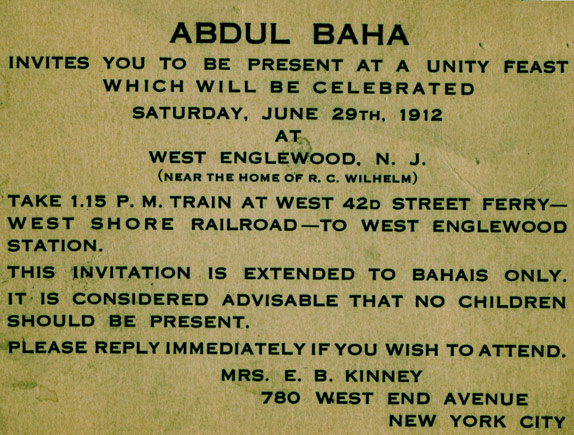
Dear Friends – – – welcome to Abdu’l-Baha’s Unity Feast. This is his picnic. More than a hundred years ago, he invited all of us to be here on this day, and as long as there is unity and love between us, he is surely with us. This is just one of the many picnics being held all over the world to mark the visit of Abdu’l-Baha to the West. As he said, this gathering will be held every year, forever.
One of my recent projects was working on the website for the 100th Anniversary of Abdu’l-Baha’s historic visit to North America: Celebrations Around the Country
The website, called Abdu’l-Baha in America, presents a very fine encyclopedia of his visit. It shows the incredible level of attention Abdu’l-Baha attracted during his trip to North America in 1912. He said some very challenging things back then—some very controversial things. This caused newspaper reporters and editors to flock to him. Over 5,000 newspaper and magazine articles were published about Abdu’l-Baha in the US and Canada, and in English speaking publications across the world. What was considered “news” in New York often was published in hundreds of newspapers worldwide, and 1912 was the heyday of the newspaper business. New York alone published 300 newspapers, sixty of them in New York City—among them 14 great daily newspapers, with many having several editions each day.
All of them wanted a story about Abdu’l-Baha. If a morning commuter paper printed a story about Abdu’l-Baha, the editor of the afternoon paper would see it and send his reporter and photographer out to meet him to get an interview, or attend one of his talks. Abdu’l-Baha was big news. But why?
One reason: many of Abdu’l-Baha’s followers were mainstream Americans, some of them well-known and wealthy. They were connected to mass communication.
Another reason: Abdu’l-Baha looked marvelous and interesting in pictures. He was captivating… a very compelling and interesting man from Persia, always smiling, with flowing robes, a wonderful white beard and an exotic turban.
Also, he was charming. The reporters loved him. He was kind to them, held their hands, looked into their eyes, offered them tea and sweets, and gave them incredible quotes, filled with new wisdom and insight.
The clergy invited Abdu’l-Baha to speak in their churches… from their pulpits! Unheard of! This by itself made news in 1912, a real breakthrough.
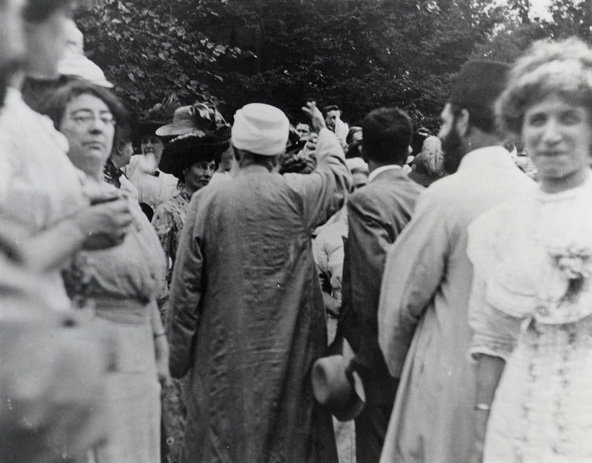
Also, Abdu’l-Baha was different because he was not after money. He always refused when offered. He actually gave money away, to charities, to the poor in the street, and to hundreds of homeless men at the Bowery Mission. He paid for the first Unity Feast in New Jersey in 1912 personally. He was legendary for his generosity and notable in that he did not come to America to get money.
But the main reason he was such a hot commodity to the competitive world of newspapers: his ideas were so different, so challenging, so radical for 1912.
He challenged America. From coast to coast he called America to its true spiritual destiny, and his fresh vision resonated strongly with American editors and reporters.
One quick story: as his ship, The Cedric, arrived in New York Harbor on April 11th, it stopped about an hour away from the dock. A small boat full of news reporters and photographers made its way to the ship, and the reporters climbed on board. That enabled the press to interview Abdu’l-Baha before he had even docked.
They took photos, and they asked him many questions. One of the first questions was about politics in America. They asked him if he favored a woman’s right to vote. This was 1912, a sizzling Presidential election was going on, and the hot topic was women’s suffrage. Should women have the right to vote?
Abdu’l-Baha was crystal clear and he was not subtle. He said not only should women have the right to vote, they should have all the rights that men have–they should be educated the same, have the same career opportunities, enter the same professions, and do their part to help the human race excel. He talked about the role of women in peace and their need to be educated first.
He compared humanity to a bird with two wings–male and female–and said the bird of humanity will never fly with just one strong wing. Whew! They got enough out of that one answer to fill a newspaper!
Abdu’l-Baha always said substantial, meaningful, quotable things in interviews–never wishy-washy, never ambiguous, always plain-spoken, America loved him for his direct and bold approach.
But Abdu’l-Baha also used that direct and bold approach to challenge North America, to call the entire continent on five of our biggest issues. He said America had a great spiritual destiny—if only we could address and deal with those issues:
America has become renowned for her discoveries, inventions and artistic skill, famous for equity of government and stupendous undertakings; now may she also become noted and celebrated as the herald and messenger of Universal Peace. Let this be her mission and undertaking and may its blessed impetus spread to all countries. I pray for all of you that you may render this service to the world of humanity. – Abdu’l-Baha, Foundations of World Unity, p. 27.




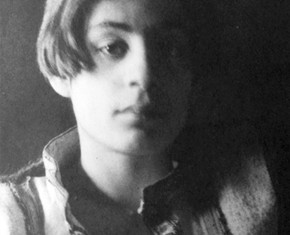
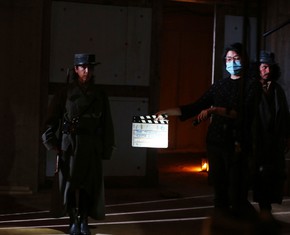
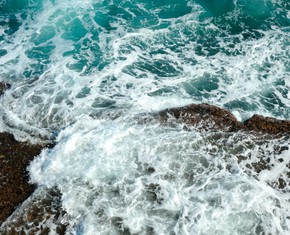









Comments
Sign in or create an account
Continue with Googleor